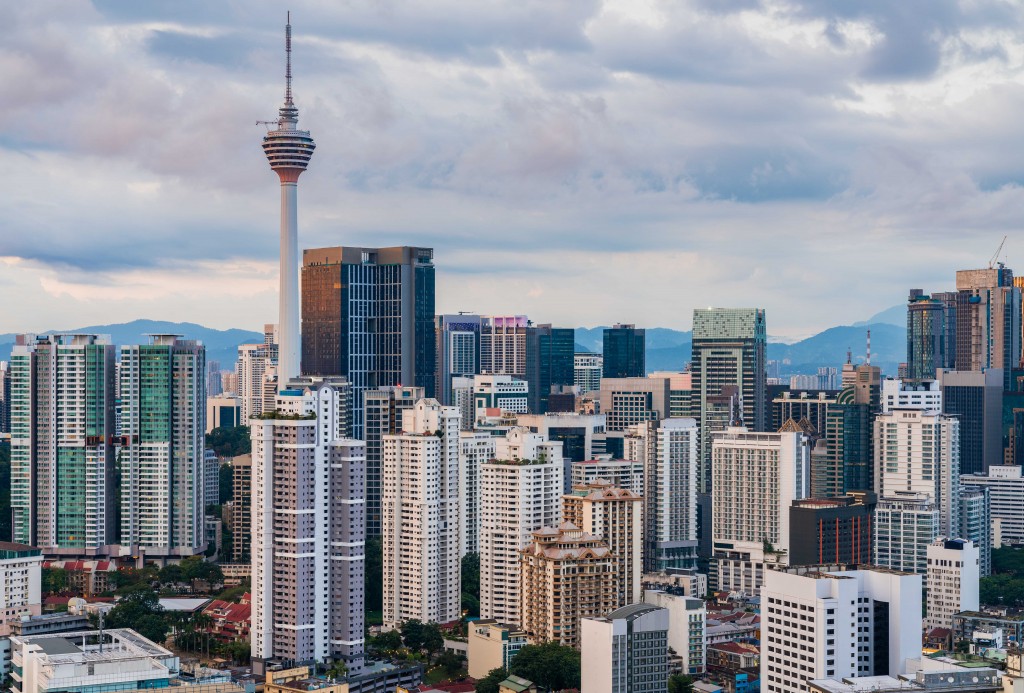Gentrification: Cons outweigh the pros
Contributed by Datuk Chang Kim Loong
Over the past year, the Madani Government has made several announcements on its intention to introduce a new law that facilitates urban renewal, redevelopment, rejuvenation and regeneration of identified private properties in the urban areas of Kuala Lumpur, Johor Bharu and Penang.
The recent announcement that it will proceed with this law has been met with trepidation and concern from representatives of residents’ associations, management bodies, non-profit organisations, institutes of higher learning and property owners.
The crux of their worries is the issue of the consent threshold from owners before redevelopment can take place. Consent numbers have been bandied about, such as 75% or 90%, which raises the question of whether the government realises it is not dealing with its own property but that of private citizens.
The government claims that it intends to introduce a low consent threshold to ensure better implementation of the new law in light of any resistance from the minority of owners who may not want to relinquish their hard-earned properties regardless of the amount of compensation.
The government’s rationale in proceeding with the drafting of this new law is that there are numerous buildings which are dilapidated, structurally unsound and populated by unfavourable characters.
However, the National House Buyers Association (HBA) must ask some pertinent questions as to the real reasons behind this proposed redevelopment law and, more importantly, do we really need it just to ensure that our urban areas are safe for habitation.
Existing legal provisions
We currently have sufficient laws to protect the rights of homeowners and effectively address the concerns put forward by the government. The protection of homeowners is covered by the Federal Constitution, the National Land Code 1965, the Housing Development (Control and Licensing) Act 1966, the Strata Titles Act 1985, the Strata Management Act 2013 and the Land Acquisition Act 1960.
On the matter of structurally unsafe residential and commercial buildings, laws in place include the Strata Management Act, the Street, Drainage and Building Act 1974, the Local Government Act 1976, the Federal Territory (Planning) Act 1982 and the Town and Country Planning Act 1976.
We also have other laws such as the Penal Code and the Dangerous Drugs Act to address criminal activities that exist within a community. Arguably, the proposed redevelopment law allows for more participation from homeowners before the acquisition of their properties, unlike the Land Acquisition Act where consent of the homeowners is not a prerequisite.
However, the Land Acquisition Act is limited in its application whereby the acquisition of private property is only allowed for the redevelopment of public infrastructure and not to enrich the private sector.
Objective of redevelopment
It appears that gentrification is the ultimate objective of the proposed redevelopment law. At the very least, it will be one of the outcomes once the law is implemented.
The Oxford Dictionary defines gentrification as the process whereby the character of a poor urban area is changed by wealthier people moving in, improving housing and attracting new businesses, often displacing current inhabitants in the process.
Redevelopment, regeneration, revitalisation and rehabilitation are the core objectives of the proposed law. All are sensible words that must be translated to positive action and for the greater good.
Unfortunately, the proposed law purportedly serves those having commercial interests at the expense of the rights of homeowners. This outcome is clearly a violation of our rights under Article 13 of the Federal Constitution, which states that we can only be deprived of our property by the operation of a law.
Does this mean any law can be enacted and passed to deprive us of our property and home? Definitely not. We already have the Land Acquisition Act. Why do we need another similar statute when even the Land Acquisition Act has been abused by unscrupulous parties?
Let us look at the land situation in urban areas. In Kuala Lumpur, there is plenty of land belonging to the federal authority which can be developed for public housing. Similarly for Johor Bharu and Penang, especially in Seberang Perai.
Property prices are already beyond the reach of many residents in these three cities. Should we further alienate our citizens from owning a home simply to pander to the interests of a few?
There is no reasonable ground for private land to be targeted for redevelopment when the objective should be population control of urban areas, and to focus on development in other parts of the country to ensure a more equitable distribution of resources.
Creating a bubble of high-priced properties and alienating ordinary citizens from home ownership is not in line with the Federal Constitution. It is wrong for the government to only address the consent threshold at the expense of the minority.
To show sincerity in creating more sustainable living conditions for urban dwellers, perhaps the government should first rehabilitate and rejuvenate existing residential buildings that are dilapidated, obsolete and structurally unsafe.
Source: StarProperty.my
















POST YOUR COMMENTS